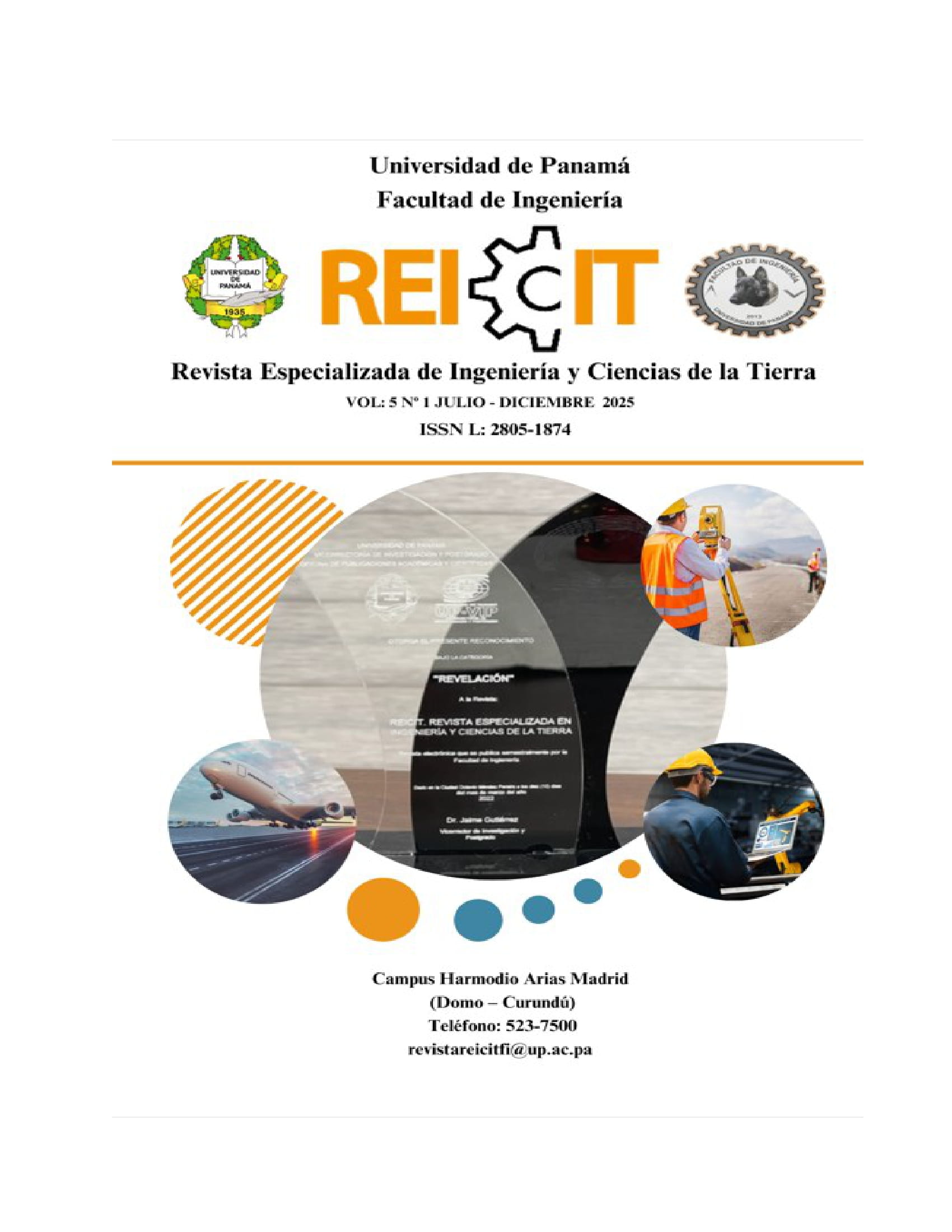

Copyright (c) 2025 REICIT

This work is licensed under a Creative Commons Attribution-NonCommercial-ShareAlike 4.0 International License.
Aortoiliac occlusive disease poses a high risk to the cardiovascular and functional health of older adults. This case study evaluated the effect of an individualized physical exercise program on the functional recovery of a 64-year-old woman who underwent an aorto-bi-femoral bypass. Three assessments (initial, midterm, and final) were conducted to evaluate four variables: cardiorespiratory endurance, lower limb strength, spinal flexibility, and dynamic balance, using the PC6M, Sit-To-Stand, Sit-and-Reach, and Timed-Up-and-Go tests. The program lasted 12 weeks with three sessions per week. The results revealed significant improvements: a 65% increase in cardiorespiratory capacity, enhancements in strength and flexibility, reductions in body weight and BMI, and a decrease in resting heart rate. The study concludes that systematic and tailored physical activity is an effective strategy for promoting functional recovery and improving quality of life in older adults who have undergone surgical revascularization for peripheral arterial disease.